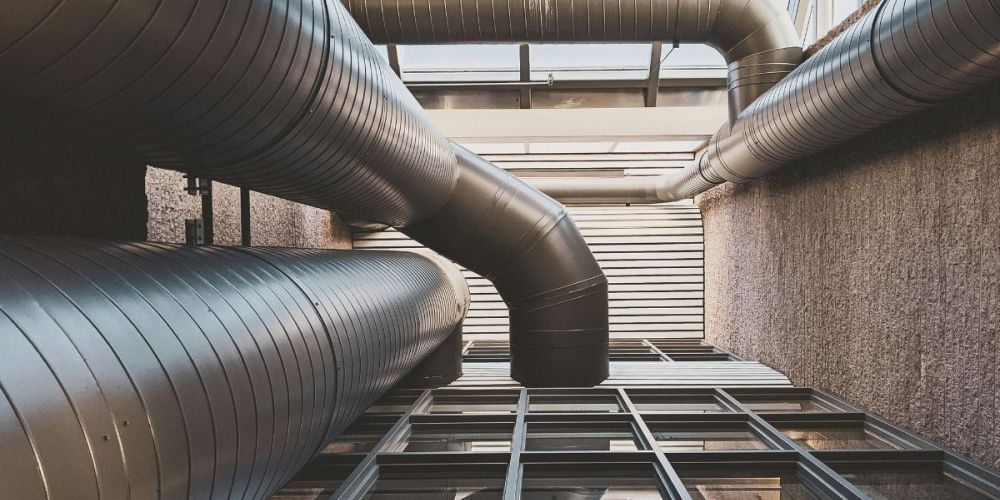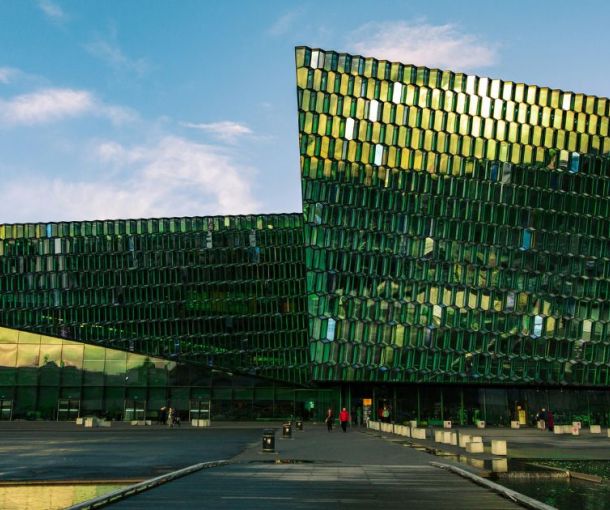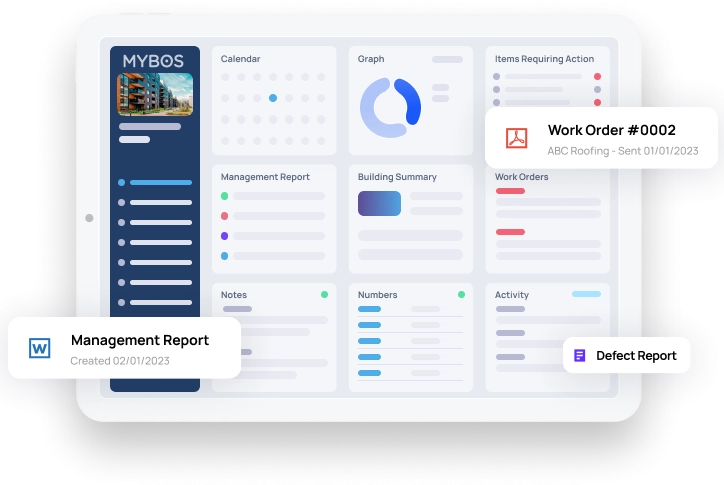
Top Questions to Ask Before Hiring a Facility Maintenance Contractor
For any facility team, selecting the right maintenance contractor is essential. With Australia’s facility management sector projected to see strong growth due to increasing demand for integrated services and sustainability-driven operations, Cushman & Wakefield highlights that the shift toward integrated facilities management is reshaping how building owners approach contractor selection.
This also underscores the operational challenges that can arise when contractors are not properly vetted, particularly issues around service delivery standards and delayed payments that affect tenants, teams, and tradespeople. The right facility management system software can help streamline contractor vetting, work order tracking, and invoice approvals — reducing risks and ensuring transparency throughout the process
Whether you’re a facility manager, building owner or property developer, the right facility maintenance contractor can save time, money, and operational stress. Below are some key questions to ask, to ensure you’re hiring the best fit for your property:
1. What Experience Do You Have in Facility Maintenance Services?
Start by assessing the contractor’s background. How long have they been providing facility maintenance services? Have they worked on buildings or commercial properties similar to yours? Their experience with commercial maintenance teams or larger facility management companies can indicate their ability to meet your needs.
Look for a contractor who understands the specific challenges of your facility type, be it an office building, industrial site, or multi-tenant property.
2. Can You Provide References and Case Studies?
A trustworthy facility maintenance contractor will be transparent about their track record. Ask for references or case studies that showcase past projects. Ideally, these should highlight their ability to deliver quality work on time and within budget.
Follow up with these references. Ask about the contractor’s communication, problem-solving approach, and how they handled unexpected issues.
3. What Certifications and Licences Do You Hold?
Any legitimate contractor should be fully licensed to operate in your state or territory. They should also hold relevant certifications that demonstrate compliance with industry standards and safety practices. Certifications may also indicate a commitment to ongoing training and excellence in service delivery.
In Australia for example, facility management (FM) contractors may require various certifications, compliance qualifications, and licenses depending on the services they provide, the industries they operate in, and the legal obligations specific to each state or territory.
Depending on services offered, FM contractors must comply with federal, state, and local regulations:
- White Card (Construction Induction Training) – Required for any work on a construction site.
- Electrical Licensing – For contractors providing electrical maintenance (regulated per state).
- Plumbing and Gas Fitting Licenses – Required for any water, sewerage, or gas-related work.
- HVAC/R Licensing – For heating, ventilation, and air conditioning services, often requiring Refrigerant Handling Licence (issued by the ARC – Australian Refrigeration Council).
- Security Licensing – If providing services involving access control, alarms, or surveillance systems.
- Working with Children Check – If the contractor operates in schools, childcare, or aged care settings.
- Asbestos Removal Licensing – For any work involving hazardous materials, as regulated by Safe Work Australia and relevant state authorities.
- Elevated Work Platform (EWP) or High-Risk Work Licences – For contractors using heavy machinery or working at heights.
This step ensures that your contractor adheres to legal requirements and professional benchmarks.
4. How Do You Approach Preventive Maintenance?
Preventive maintenance is a cornerstone of efficient facility upkeep. Contractors should offer a proactive approach, regular inspections, scheduled maintenance, and equipment servicing to minimise downtime and prevent costly emergency repairs.
For deeper insights into how streamlined processes can reduce downtime, check out our article on how to streamline facility work orders.
5. What Is Your Emergency Response Time?
When things go wrong, response time is everything. Ask about their procedures for emergency maintenance requests. Do they offer 24/7 services? What’s their average response time during after-hours or holidays?
Quick, effective responses can significantly reduce operational disruptions and tenant dissatisfaction.
6. Do You Use Facility Management Software?
In today’s digital era, the best facility maintenance contractors use software to manage work orders, track service history, and provide reporting. This adds transparency, streamlines communication, and ensures accountability.
If you’re interested in modernising your building operations, read about the future of facility management and trends to watch.
7. How Do You Ensure Safety Compliance?
Safety is non-negotiable in facility maintenance. Ask about their internal safety protocols. Do their workers undergo regular safety training? How do they ensure compliance with state and national safety standards?
Australian contractors must always follow Work Health and Safety (WHS) laws, which can vary by state but are nationally aligned through Safe Work Australia. They may need to demonstrate:
- WHS management plans
- Risk assessments and SWMS (Safe Work Method Statements)
- Incident reporting protocols
Depending on the scale of the maintenance works required, contractors can also have insurance available for:
- Public Liability Insurance
- Workers’ Compensation Insurance
- Professional Indemnity Insurance (especially for advisory or consulting services)
This is particularly important if your facility includes high-risk areas such as rooftops, machinery rooms, or industrial spaces.
8. What Is Your Pricing Structure?
Get clarity on their pricing model. Is it hourly, fixed-fee, or tiered by service level? Are there additional charges for emergency call-outs or specialised services?
A detailed pricing structure will help you budget accurately and avoid unexpected costs down the line. According to Deloitte’s Pricing and Profitability Management practice, aligning pricing strategies with customer value drivers and transaction-level insights can enhance profitability and ensure financial control in service contracts.
9. Do You Subcontract Any of Your Work?
Some facility maintenance contractors subcontract parts of the job. If so, ask who these subcontractors are and how their work is monitored. It’s crucial that any third parties maintain the same standards of quality and safety.
Transparency around subcontracting also helps avoid the risk of miscommunication or delayed services.
10. What Metrics Do You Use to Measure Success?
A professional contractor should track key performance indicators (KPIs) such as response times, job completion rates, customer satisfaction, and cost-efficiency. This demonstrates a results-driven mindset.
You can also request regular performance reports to keep your team informed and improve accountability. According to PwC Australia’s Real Estate Strategy and Technology insights, effective facility management often includes performance-based fees and year-over-year improvement plans, with KPIs reviewed to ensure alignment with organisational goals.
Final Thoughts: Choosing the Right Vendors for Your Facility’s Future
Hiring a facility maintenance contractor shouldn’t be a rushed decision. By asking these critical questions, building owners and developers can identify the most reliable and capable partners, ones who offer not just services, but peace of mind.
For more strategies to enhance your building’s performance, read our guide on effective ways to improve facility operations.
Ready to take your facility management to the next level? Book a demo with MYBOS today and see how our all-in-one software can simplify maintenance, improve tenant satisfaction, and maximise asset performance.




